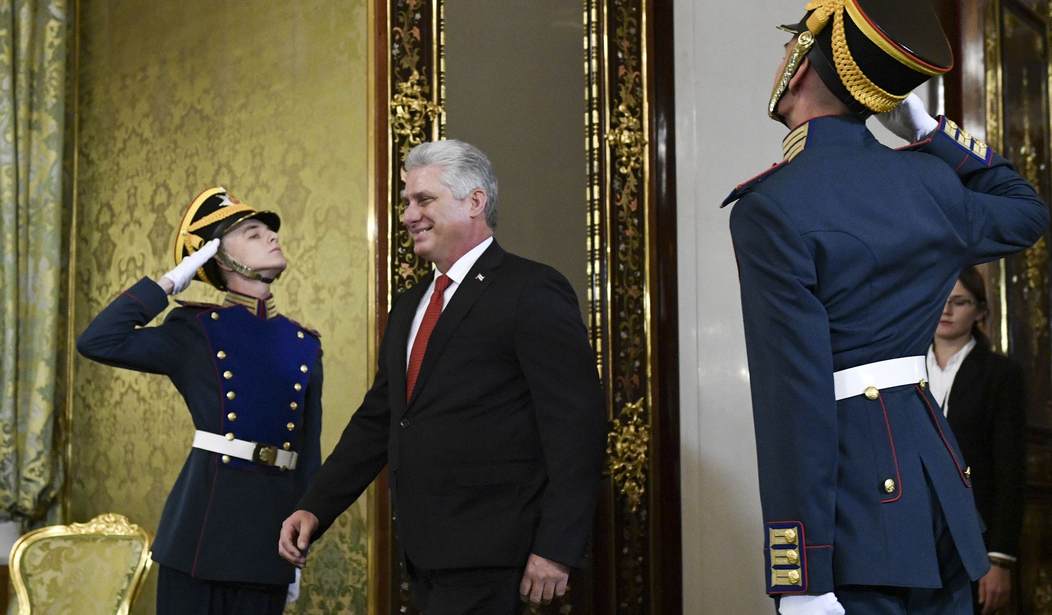During the recent protests in Cuba (which have taken a back seat in the media because of Afghanistan), social media was viewed as one of the main drivers of the demonstrations. Groups forming on platforms like Facebook and WhatsApp were able to organize larger numbers of people and coordinate meeting places and the distribution of food and supplies. Clearly, the government of President Miguel Diaz-Canel noticed this trend and decided to respond. This week the government issued Decree 35, an order ostensibly created to prevent people from publishing content that could “damage the country’s prestige.” That’s the socialist translation of content that the government doesn’t like or expressions of free speech. Under this new edict, people will be deplatformed by the telecoms after being classified as “cyberterrorists.” Other unspecified penalties will be applied to those found in violation of the edict. But when you look at the words the government is using in defending this policy, you may find some eerie similarities to things being said in the United States today. (Reuters)
Cuba introduced tighter controls on the use of social media this week, including a ban on publications that might damage “the country’s prestige,” angering many citizens and international rights activists.
Decree 35, published in the official gazette on Tuesday, comes a month after the most widespread anti-government protests here in the Communist-run country in decades, which spread in part due to information shared on social media.
The legislation bans the spread of false news or messages and content deemed offensive or which “incite mobilizations or other acts that upset public order.” It also provides a channel for Cubans to inform on potential contraventions.
Seems like fairly standard practice for the Cuban government, right? If upstarts are using social media to organize protests and demonstrations, kick them off of social media, leaving only those who are willing to toe the government line. Then threaten to lock up anyone who defies the order as a message to everyone else. It’s basically what you see in China already, except without invoking the specific concept of a “social media score.”
But listen closely to the words and phrases being invoked by the government in defending and “explaining” this edict. The Cuban President is talking about “false news or messages.” He says that the edict is intended to fight “misinformation and cyber lies.”
Is any of this sounding familiar yet? It should if you watch any of the major American cable news outlets or follow the stories of people being banned by Facebook, Twitter, YouTube, or any of the other major social media platforms. If you so much as raise any questions about the safety and viability of the COVID vaccines, your content will be labeled as “misinformation” and your account can be suspended or canceled. If you point out valid, confirmed reports of voter fraud during the last election, even if they are scattered, isolated incidents, you can receive the same treatment. What’s being stifled isn’t misinformation… it’s a debate.
The only difference in Cuba is that people are attempting to point out that there isn’t enough food in the stores, there are no vaccines against the pandemic (except for highly-placed party officials), and that there have been massive power blackouts. All of those things are clearly true, but speaking about them on social media or demonstrating in the streets is classified as “misinformation” and punishments far worse than the ban hammer rain down on the offenders.
This is what happens when you are forced to surrender to one small group of people the power to decide what qualifies as “misinformation” and redefine truth along partisan guidelines. The social media giants are already doing it and they are frequently cheered along in their efforts by much of the mainstream press. There seems to be little we can do thus far aside from continuing to remind everyone that “it’s not hate speech. It’s just speech that you hate.”








Join the conversation as a VIP Member